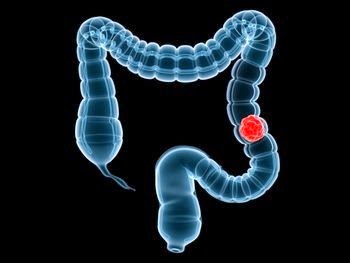Fluid Volume Deficit and Imbalanced Nutrition - NCP for Bowel Obstruction
Nursing Care Plan for Bowel Obstruction
Nursing Diagnosis : Fluid Volume Deficit related to inadequate intake and absorption ineffectiveness of the small intestine
characterized by nausea, vomiting, fever and diaphoresis.
Goal:
- Fluid and electrolyte needs are met,
- Maintaining adequate hydration with evidence of mucous membranes moist, good skin turgor, and capillary refill good, stable vital signs, and individually passing urine properly.
Expected outcomes:
- Normal vital signs.
- Fluid intake and output balance.
- Elastic skin turgor.
- Mucosa moist.
- Electrolytes are within normal limits.
Interventions:
- Assess the patient's fluid needs.
- Observation of vital signs: pulse, temperature, blood pressure, respiration.
- Observation level of consciousness and signs of shock.
- Observation bowel sounds every 1-2 hours.
- Monitor intake and output closely.
- Monitor the laboratory results of serum electrolytes, hematocrit.
- Give an explanation to the patient and family about the actions taken: NGT, and fasting.
- Collaboration with medical therapy for intravenous administration.
Rationale:
- Knowing the patient's fluid needs.
- Drastic changes in vital signs is an indication of lack of fluids.
- fluid and electrolyte deficiency can affect the level of consciousness and lead to shock.
- Assess bowel function.
- Assessing fluid balance.
- Assessing fluid and electrolyte balance.
- Increasing knowledge of the patient and family, and co-operation between the nurse-patient-family.
- Meet the patient's fluid and electrolyte needs.
Nursing Diagnosis : Imbalanced Nutrition Less than Body Requirements related to impaired absorption of nutrients.
Goal:
Stable weight and nutrition resolved.
Expected outcomes:
- No signs of mal nutrition.
- Stable weight.
- Patients do not experience nausea and vomiting.
Interventions :
- Review the individual factors that affect the ability to digest food, eg fasting status, nausea, paralytic ileus after the hose is removed.
- Auscultation bowel sounds; palpation of the abdomen; record the passage of flatus.
- Identification of the likes and dislikes of the patient's diet. Encourage selection of high protein foods and vitamin C.
- Observations on the occurrence of diarrhea; foul odor and oily food.
- Collaboration in the provision of drugs as indicated.
Rationale:
- Influence the choice of intervention.
- Determining the return of peristalsis (usually within 2-4 days).
- Improving patient cooperation with the dietary rules. Protein / vitamin C is a contributor utuma for tissue maintenance and repair. Malnutrition is a factor in the lowering of defense against infection.
- Malabsorption syndrome may occur after surgery small intestine, require further evaluation and changes in diet, eg, low-fiber diet.
- Prevent vomiting. Neutralize or reduce the formation of acid to prevent erosion and possible mucosal ulceration.



